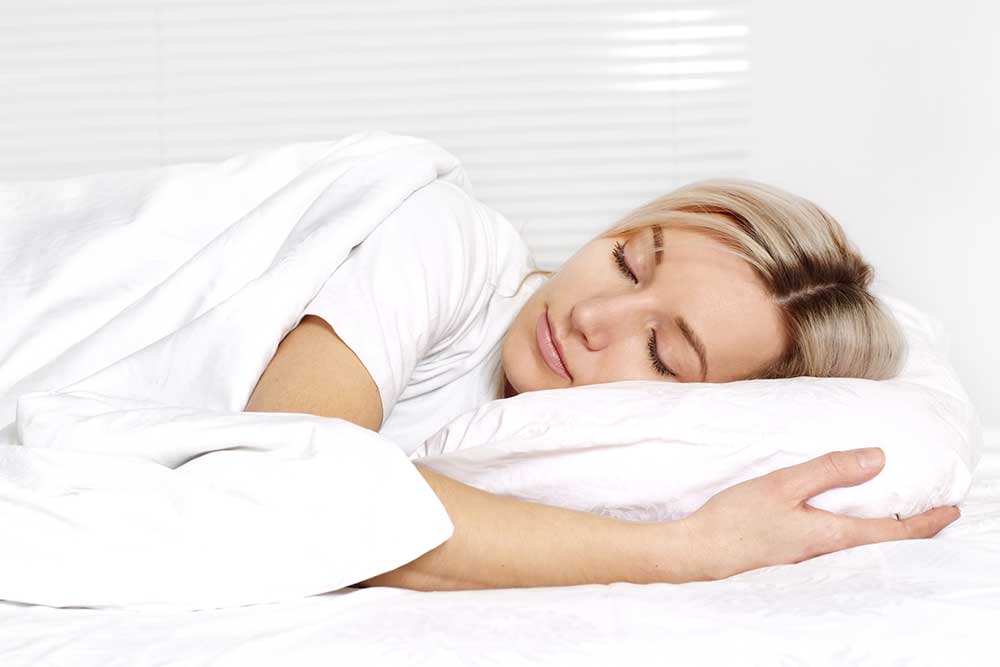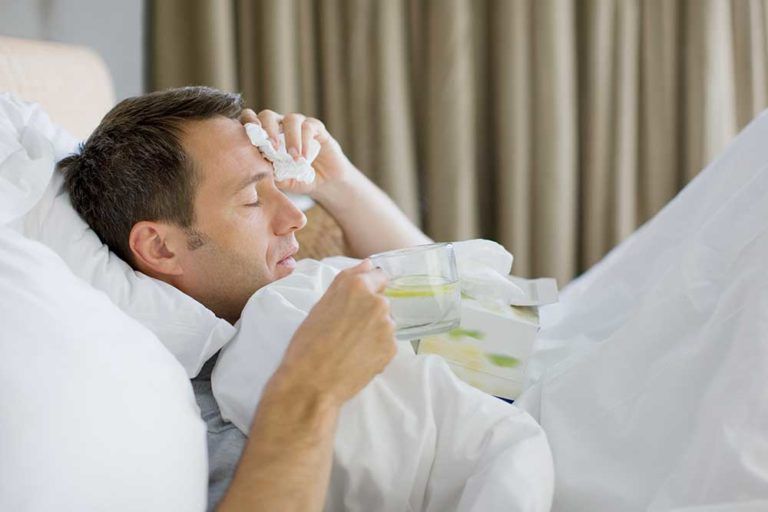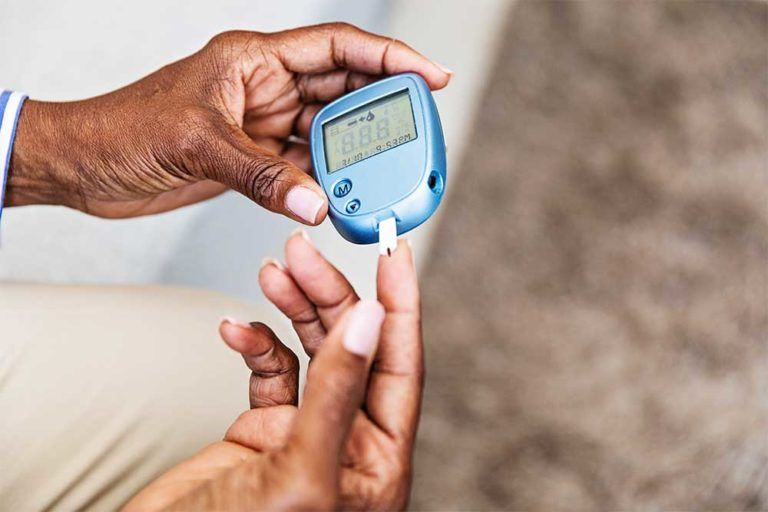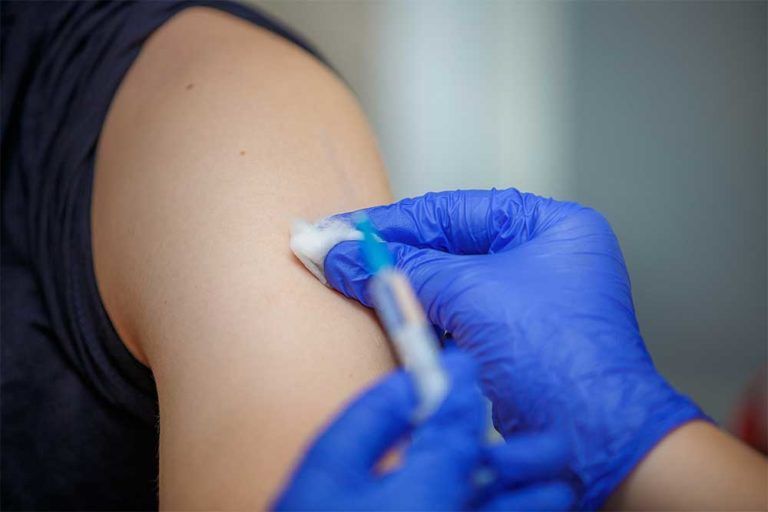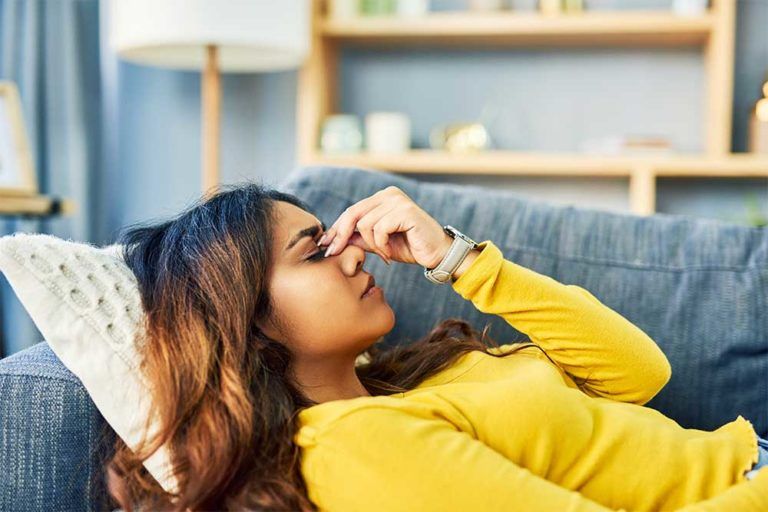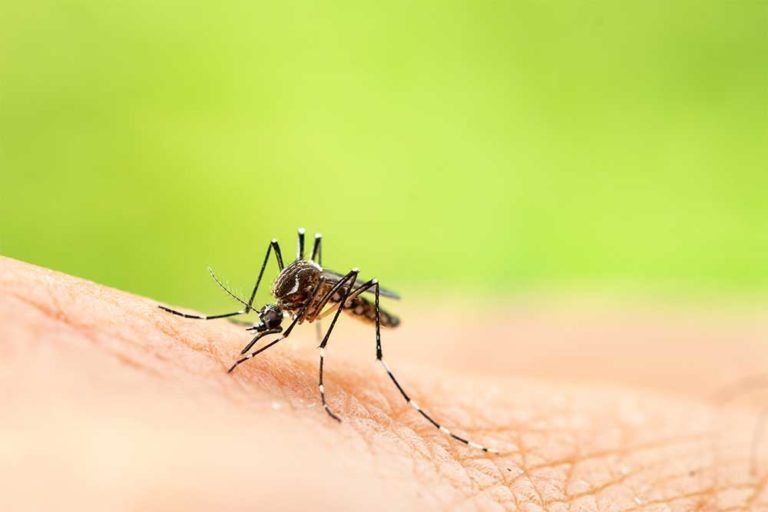While you sleep your body rejuvenates itself, grows muscle, repairs tissue, and synthesizes necessary hormones that help you stay healthy and function correctly.
It’s easy to think nothing happens while you sleep. After all, isn’t that the time when your body and mind both shut down for a while? Nothing could be further from the truth. Your body and mind are both active during the night while you are busy dreaming. The brain processes and stores information brought in during the day, and the information you’ve absorbed is consolidated and moved from short-term memory to long-term memory. In addition, your body rejuvenates itself, grows muscle, repairs tissue, and synthesizes necessary hormones that help you stay healthy and function correctly.
If you get a good night’s sleep, you benefit in vital ways:
- You can learn more effectively. According to studies, people perform better on tasks that require memory and can retain information better after sleeping. Sleep is vital to alertness, attention, concentration, reasoning, and solving problems.
- You will be healthier. People who don’t sleep enough are at risk for cancer, diabetes, heart attack, heart disease, heart failure, obesity, premature death, and stroke. Some 90 percent of those who suffer insomnia also have another health condition.
- You will live longer. That’s a natural consequence of being healthier. But how big a difference does it make? British researchers did a study of more than 10,000 members of the British civil service over a 20-year period. Those who slept between five to seven hours a night or less doubled the risk of dying from all causes. In particular, though, sleep deprivation doubled the risk of dying from cardiovascular disease and the risk of developing breast cancer. You have a 20 percent chance of being dead in 20 years if you don’t get enough sleep.
- You will be safer. Sleep deprivation causes accidents.
- Your quality of life will improve. In what way? How about your sex life? Those who are well-rested have a stronger libido and greater interest in sex. Men with sleep apnea have lower levels of testosterone. Sleep deprivation is also associated with depression and anxiety; those who have been diagnosed with depression and anxiety are more likely to sleep less than six hours per night. Those who have insomnia are five times more likely to develop depression, and insomnia is usually one of the first symptoms of depression to occur.
Here’s an interesting fact about sleep deprivation and your weight. According to the research, trading an hour of television for an hour of sleep can help you (painlessly) drop 14.3 pounds a year.
People who are tired don’t interpret events correctly and sometimes act unwisely as a result. Worse, even though there is a myth that you get used to being sleep deprived, that’s all it is: a myth. What’s really happening is that you just don’t realize anymore how impaired you actually are. Here are some examples of what can happen next:
- Sleep deprivation is part of the reason why the Three Mile Island nuclear incident took place in 1979, why there was a massive oil spill from the Exxon Valdez, and why there was a nuclear meltdown at Chernobyl in 1986.
- Being drowsy can slow your reaction times while driving as much as if you were drunk. According to the National Highway Traffic Safety Administration, fatigue contributes to 100,000 crashes and 1,550 deaths each year. Who are the people most likely to drive and get in an accident while too tired to drive? It’s those who are under the age of 25.
- Being tired also causes accidents and injuries at work, and those who suffer from excessive sleepiness during the day are more likely to have more sick days per accident and to have multiple accidents while at work.
How risky is sleep deprivation? Going without sleep can kill you just as effectively as going without food. Let’s put it this way. You can get into the Guinness World Records for eating glass or swallowing a sword, but there is no category for sleep deprivation. There used to be, but the organization behind the Guinness World Records did away with it because it was too dangerous.
How much sleep do you need? The amount you need each night depends on your age:
- Children who are a year old need about 11 to 14 hours.
- School-age children need about 9 to 11 hours.
- Teenagers need about 8 to 10 hours.
- Adults need 7 to 9 hours.
Getting enough sleep is associated with a higher IQ in children, a greater ability to solve problems, a stronger capacity for empathy, a leaner body, and more sex.
Sleep deprivation is not a problem you should ever ignore, so go to bed earlier and get the sleep you need. If you have problems doing that, then please make an appointment and talk with your physician about it.

